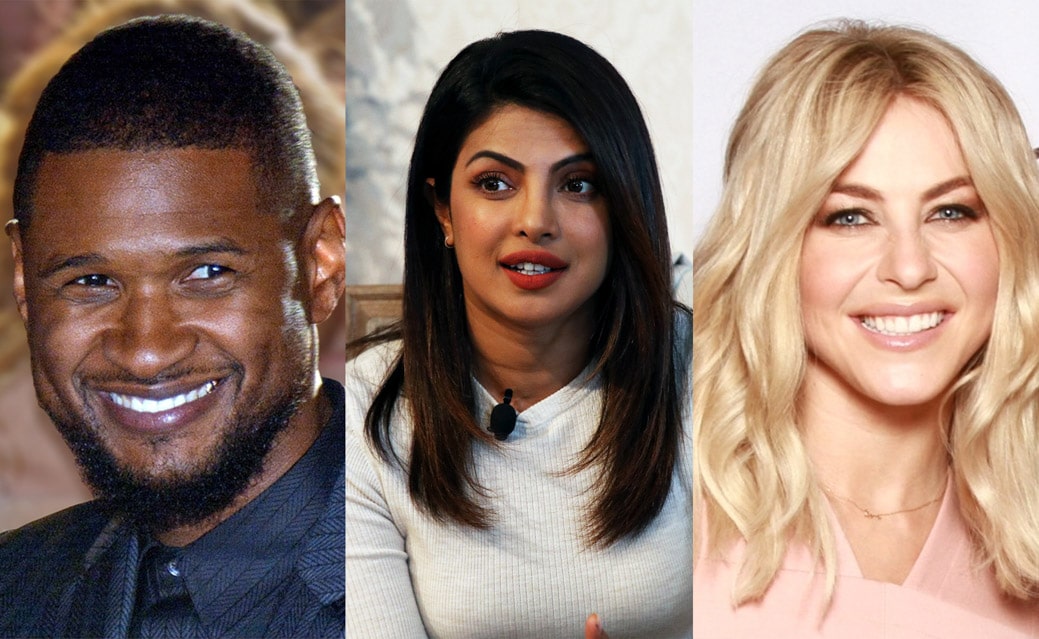America’s next top activist?
While real activists suffer, Hollywood decides to make a reality TV show.
A new television show called The Activist is set to premiere in October 2021, starring Priyanka Chopra Jones, Usher, and Julianne Hough. The show brings six activists to compete with the stars in creating meaningful change for three vital causes—environment, health, and education. Their performance will be judged through social media engagement.
Throughout history, activists have struggled enormously when advocating for their causes and trying to get the attention of mainstream media. In countries such as China or Pakistan, activists are arrested or injured for advocating for change. In 2020, pro-democracy protests in Hong Kong led to dozens of people getting arrested and hundreds injured for fighting against the national security law. Malala, who advocated for women’s education against the Taliban forces, was shot and nearly died.
Hosting a TV show to have activists compete and determine which of their causes is more important or more entertaining is disgusting and highly problematic. Activism is not a game. Each cause deserves the attention, funding, and support needed to create a change in society.
Jameela Jamil, an activist and actress, tweeted in response to the announcement of the show “couldn’t they just give the money it’s going to take to pay this UNBELIEVABLY expensive talent and make this show, directly to activist causes? Rather than turning activism into a game and then giving a fraction of the much-needed money away in a “prize…?” People are dying.”
Of the six activists, the winner will receive a grant and a ticket to the G20 Summit in Rome, where they can present their ideas and causes to world leaders—with no guarantee that they’ll get the support. Essentially, the show is just a complete waste of money and resources, and it diminishes the value of true activism and advocacy.
Following the enormous wave of backlash and criticism against the show, producers decided to change the format into a documentary. It will now showcase the efforts of six activists and give grants to an organization of their interest. While this decision is a much better way to spotlight important causes, and will raise awareness on a global scale, the process of selecting which activists are better suited for this documentary series, and which causes are more profitable through the show, is also problematic.
The judges of the show were not spared from criticism either. Julianne Hough took to Instagram and admitted that she is “not qualified to act as a judge.” A 2013 photo of her doing blackface for Halloween re-surfaced amidst all this, to which she responded that it “added insult to the injury.” She added “that there was hypocrisy in the show because at the root of activism is a fight against capitalism.”
In 2019, Priyanka Chopra Jones was accused of promoting nuclear conflict between India and Pakistan by supporting India’s military using #Jai Hind and #IndianArmedForces during a politically tense moment between the two nations. When confronted about this by a Pakistani activist at an event, Chopra invalidated the activist and continued showing her support for the Indian military. This was questionable, considering she is a UNICEF ambassador. “The show got it wrong, and I’m sorry that my participation in it disappointed many of you,” she said.
The producers of the show—Global Citizen, an international advocacy organization that hosts fundraising events featuring some of the most prominent celebrities of the world—took to Twitter and apologized for the previous formatting, “Global activism centers on collaboration and cooperation, not competition. We apologize to the activists, hosts, and the larger activist community—we got it wrong.”
The fact is, an international humanitarian organization should not have made such a decision to begin with. Their ignorant choice to produce this show, even after careful consideration, highlights how out of touch ‘elite’ organizations can be from the struggles of actual resistance movements.
Activism, at its core, relies on cooperation, not competition. When we put real-world issues against each other, we diminish and downplay their inherent value. We should be amplifying the voices of activists, not teaching audiences that someone’s cause is only worthy if they’re able to get a certain number of likes on a post.

